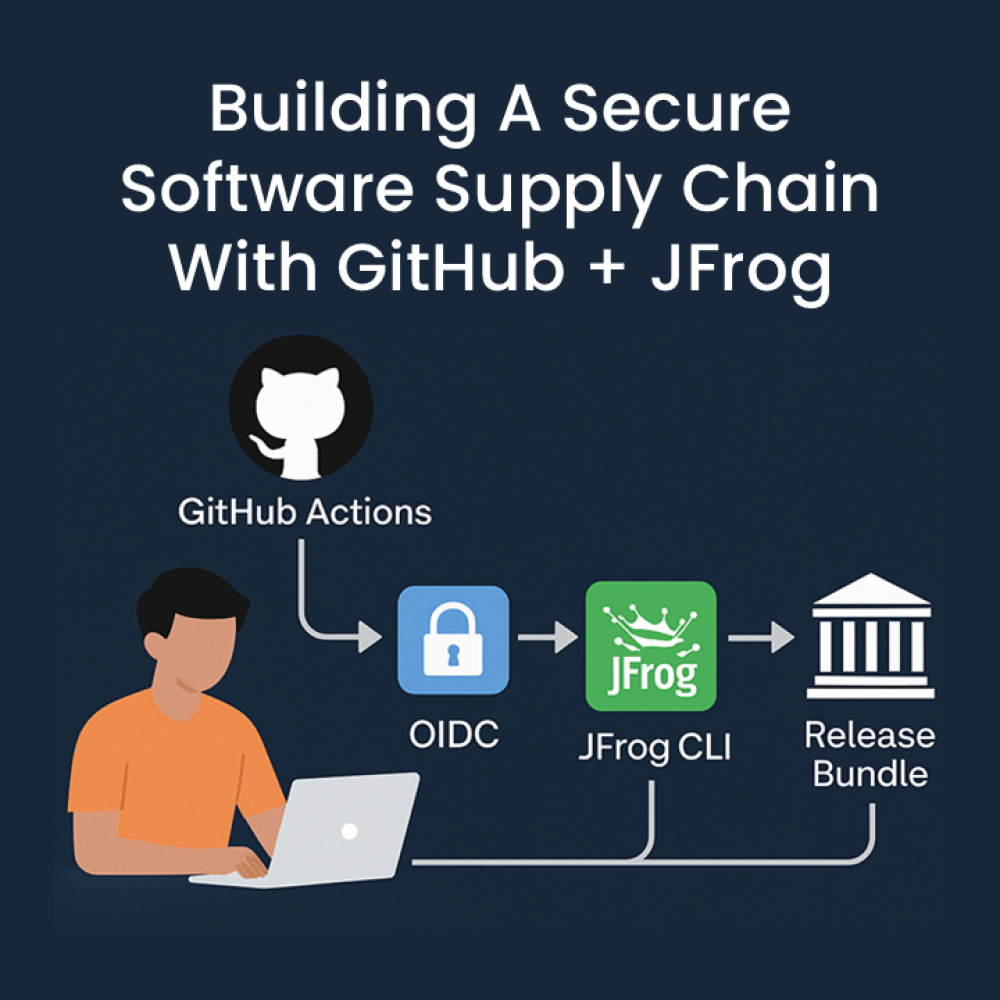Navigating the Future of Software Development
The world of software development is rapidly changing. To stay competitive, organisations need to not only keep up with the changes but also strategically adopt methods that improve agility, security, and dependability. The emergence of cloud computing, microservices, and containers has given rise to an innovative approach to creating and deploying software in a cloud-native way. Cloud-native applications are designed to be scalable, resilient, and secure, and they are often delivered through DevOps or DevSecOps methodologies. The markets for cloud-native development, platform engineering, and DevSecOps are all witnessing substantial growth, fuelled by the growing demand for streamlined software development practices and heightened security protocols. This article will explore how the intersection of cloud-native development, platform engineering, and DevSecOps is reshaping the landscape of software development.

Cloud Native Development: Building for the Future
Cloud-native development represents a significant transformation in the approach to designing and deploying software. It revolves around crafting applications specifically tailored for cloud environments. These applications are usually constructed from microservices, which are compact, self-contained units collaborating to provide the application’s features. This architectural approach endows cloud-native applications with superior scalability and resilience when compared to conventional monolithic applications.
Key Benefits of Cloud Native Development:
- Scalability: Cloud-native applications can effortlessly scale up or down based on demand, ensuring optimal resource utilisation.
- Resilience: Microservices architecture enhances fault tolerance, making applications more resilient to failures.
- Adaptability: Cloud-native apps are designed to embrace continuous change, allowing organisations to respond swiftly to evolving market needs.
Platform Engineering: The Glue that Holds It Together
Platform engineering is the bridge between development and operations. It is about providing the tools and infrastructure that developers need to build, test, and deploy their applications seamlessly. Think of it as an internal developer platform, offering a standardised environment for building and running software.
Why Platform Engineering Matters:
- Efficiency: By standardising tools and processes, platform engineering reduces development cycle times, enabling faster feature delivery.
- Consistency: It ensures that all development teams are using the same resources and best practices, leading to a more predictable and stable environment.
- Cost Optimisation: With automated scaling and resource allocation, platform engineering can lead to significant cost savings eventually.
DevSecOps: Weaving Security into the Fabric
DevSecOps extends the DevOps philosophy by emphasising the integration of security into every phase of the software development lifecycle. It shifts security from being an afterthought to an initiative-taking and continuous process.
The Importance of DevSecOps:
- Early Detection of Vulnerabilities: By scanning code and configurations continuously, security issues can be identified and addressed at an early stage.
- Compliance: DevSecOps practices help organisations meet regulatory requirements by ensuring security and compliance throughout development.
- Reduced Risk: With security integrated from the start, the risk of data breaches and cyberattacks is significantly reduced.
Embarking on the Cloud Native, Platform Engineering, and DevSecOps Odyssey
While there exist various avenues for implementing cloud-native, platform engineering, and DevSecOps practices, the optimal approach hinges on an organisation’s unique requirements. Nevertheless, some overarching steps that organisations can consider include:
- Assemble a Cross-Functional Team: Form a multifaceted team to spearhead the implementation effort.
- Define a clear vision and roadmap for cloud-native adoption: Define a lucid vision and roadmap for the adoption of cloud-native principles.
- Tool Selection Expertise: Choose the appropriate cloud platform and tools tailored to your organisation’s needs.
- Invest in Knowledge: Prioritise training and education to equip your teams with the necessary skills.
- Cultivate a Culture of Excellence: Instil a culture of continuous improvement, where innovation is nurtured.
In summation, cloud-native development, platform engineering, and DevSecOps are not mere buzzwords; they are strategic mandates for organisations aiming to flourish in the digital era. These practices pave the way for heightened agility, cost-effectiveness, security, and reliability in software development.
Conclusion:
As market intelligence attests, the adoption of these practices is not decelerating; it is gaining momentum. Organisations that wholeheartedly embrace cloud-native development, invest in platform engineering, and prioritise DevSecOps will be ideally positioned to navigate the challenges and seize the opportunities of tomorrow. The moment to embark on this transformative journey is now, ensuring that your software development processes are not just future-ready but also primed to deliver value at an unprecedented velocity and with unwavering security.

